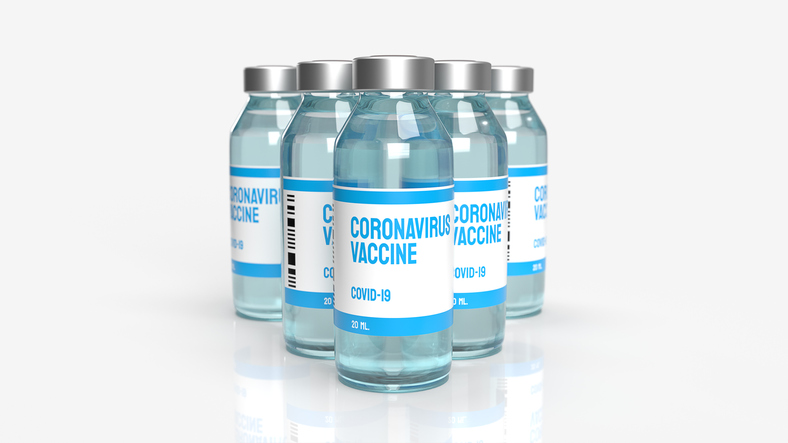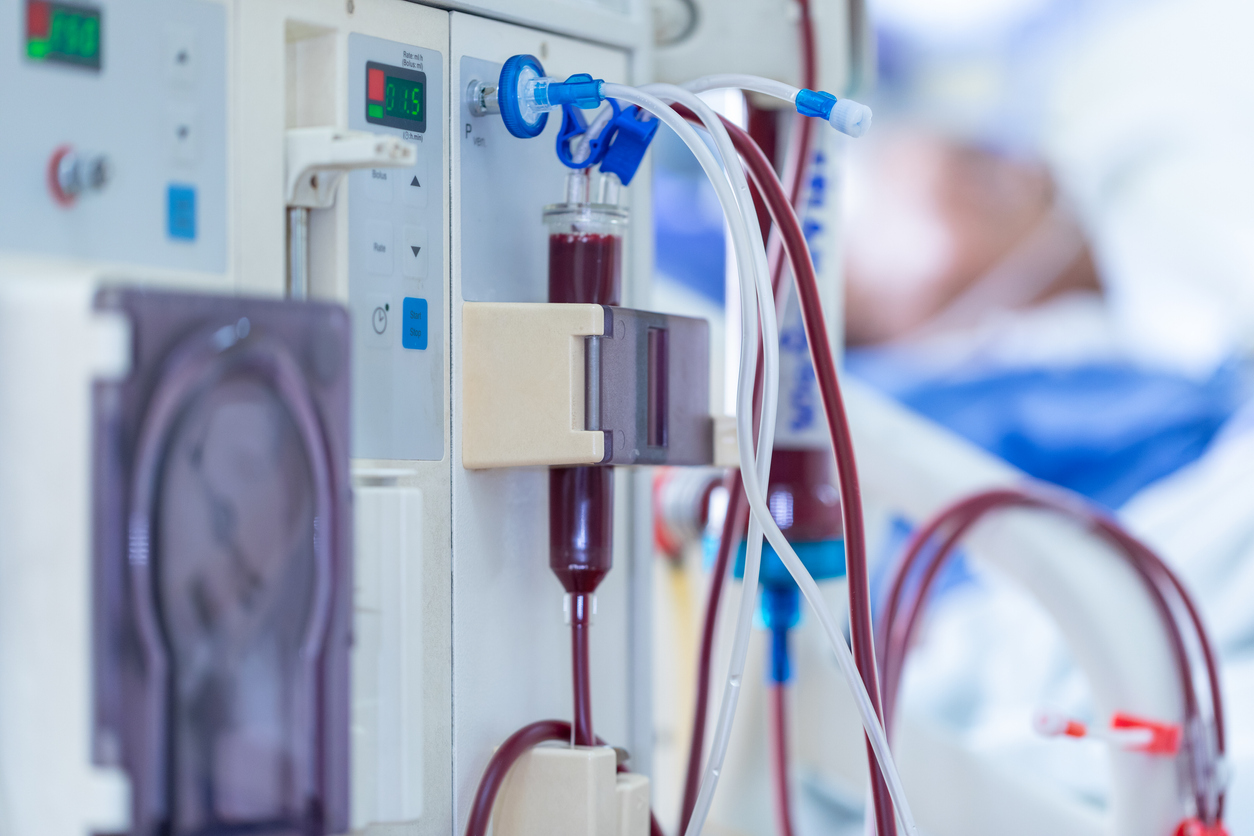Mayo Clinic says the pool of people who can be living kidney donors has expanded following the results of a recent study. Doctors say the results can help save more lives.
Previously transplant physicians were concerned about transplanting kidneys from patients with high blood pressure because of the possible long-term health impacts to them while living with just one kidney.
The study from Mayo Clinic included more than 100 patients and was conducted over 20 years. Dr. Mark Stegall, the Professor of Surgery at Mayo Clinic Rochester, says researchers found certain individuals with controlled hypertension can safely donate a kidney.
Read more, here.







